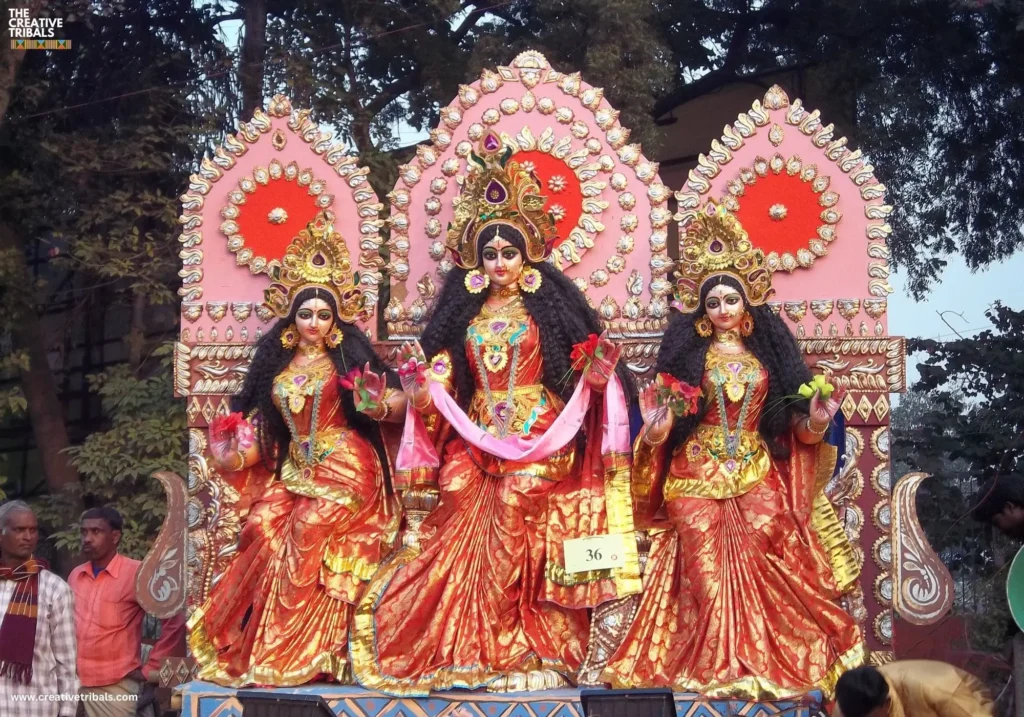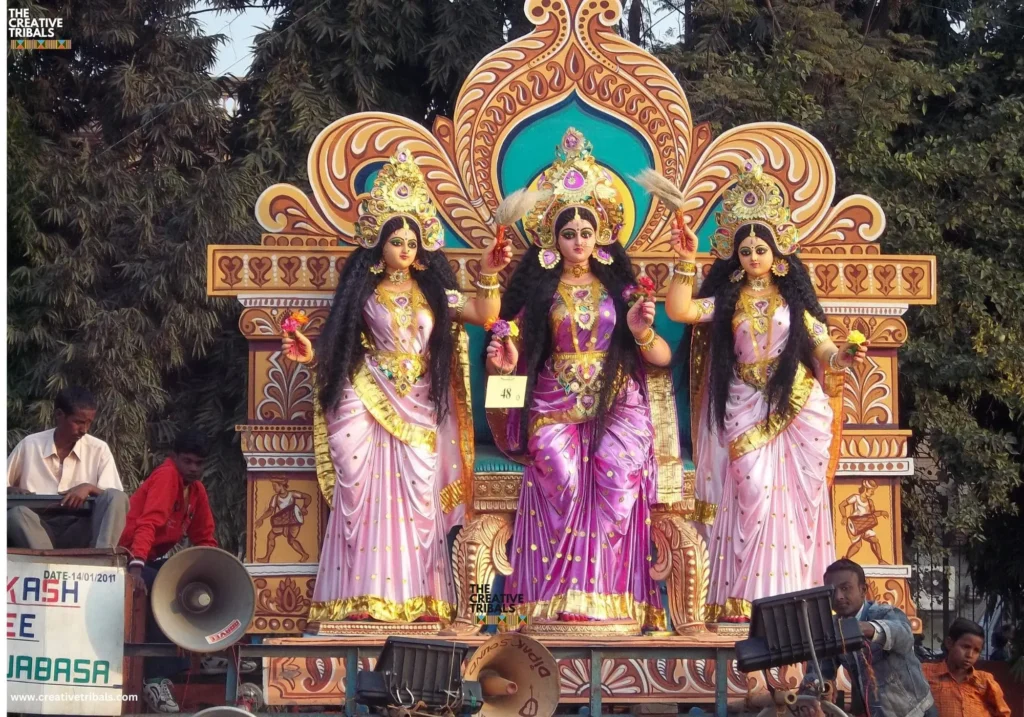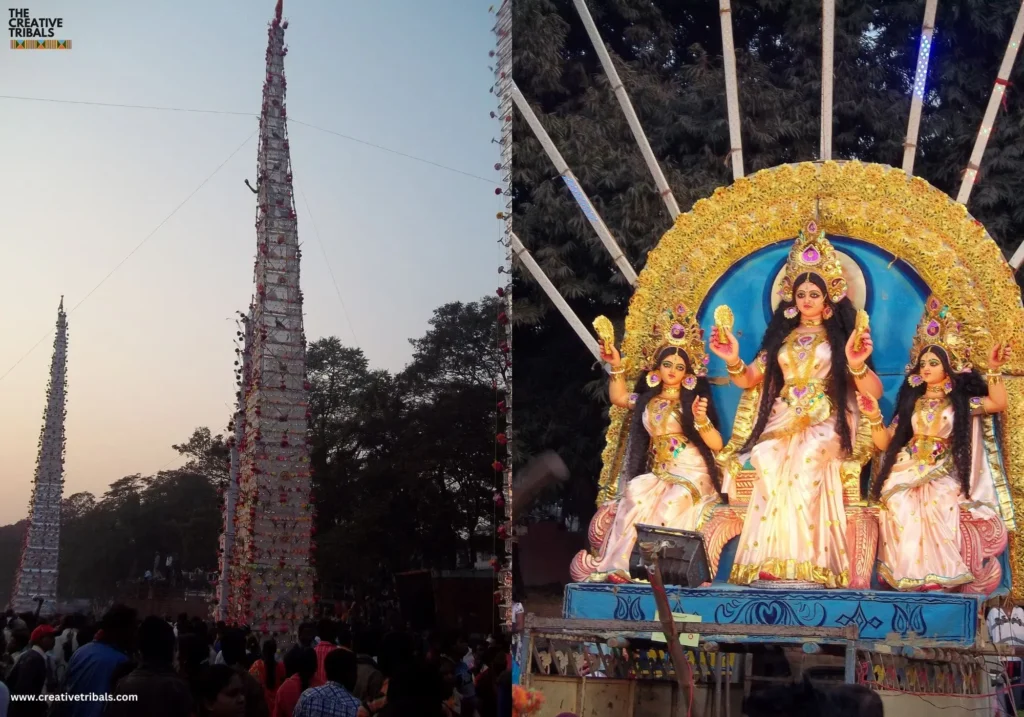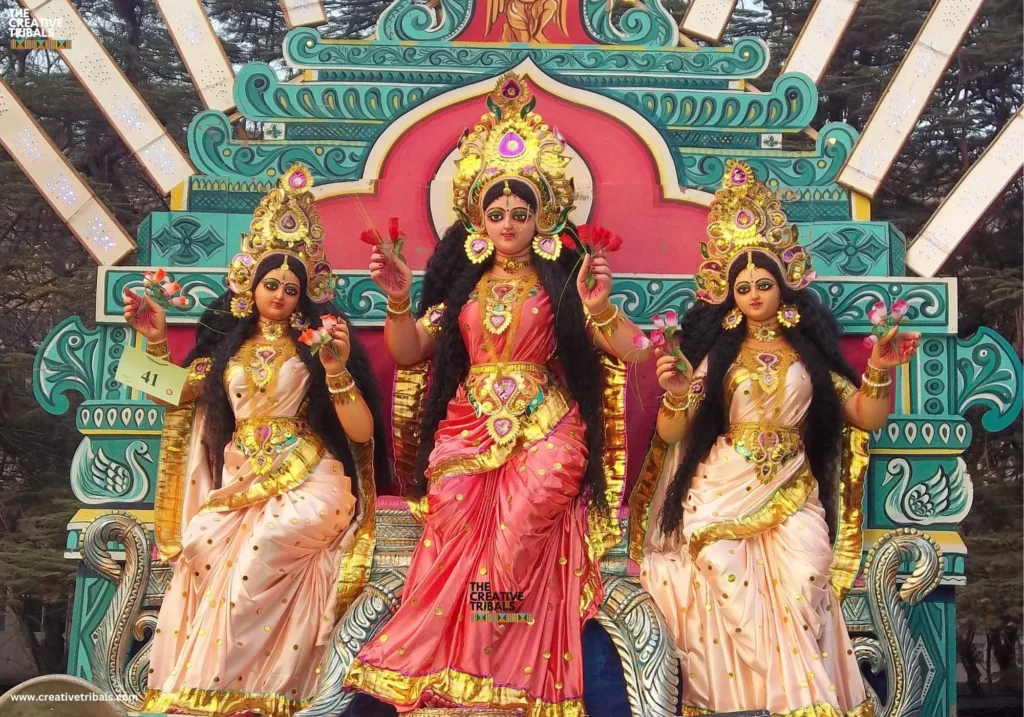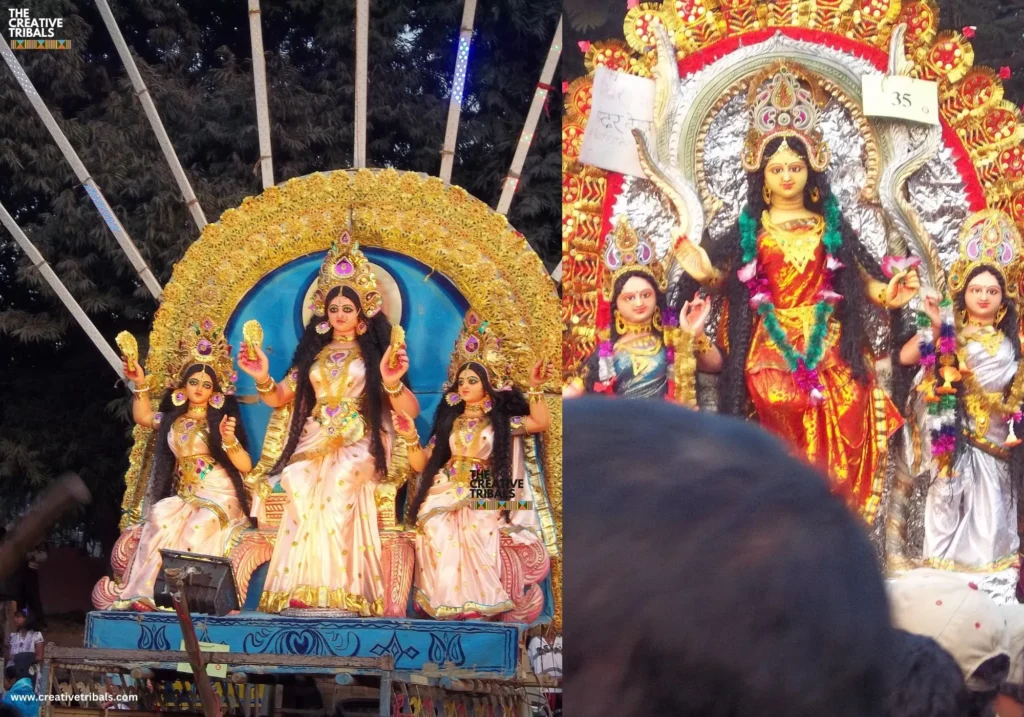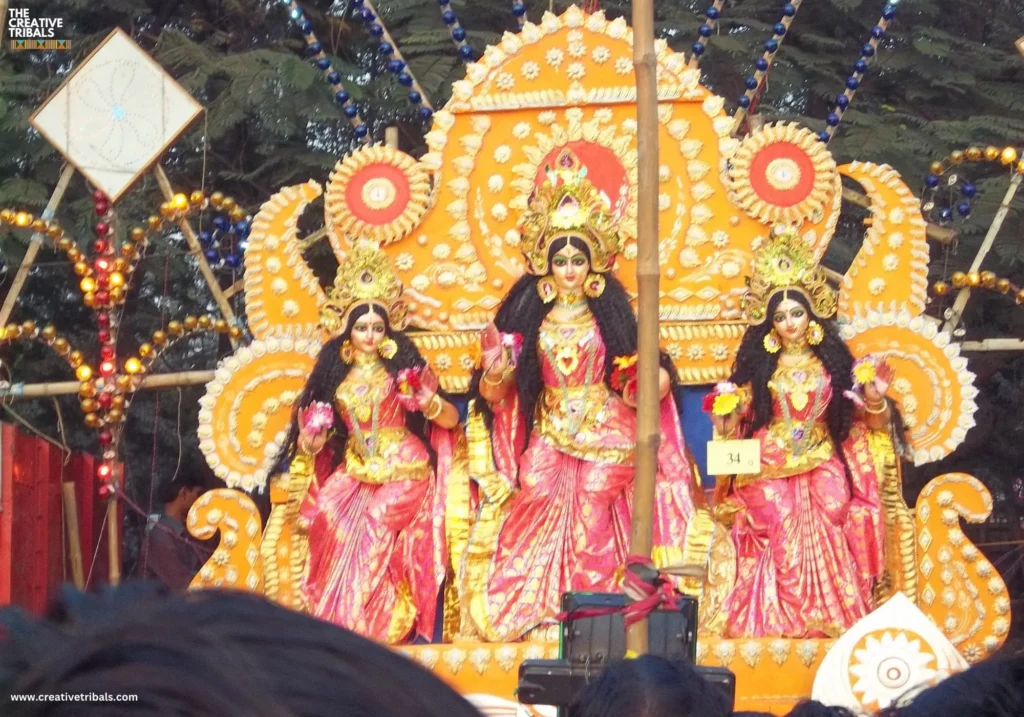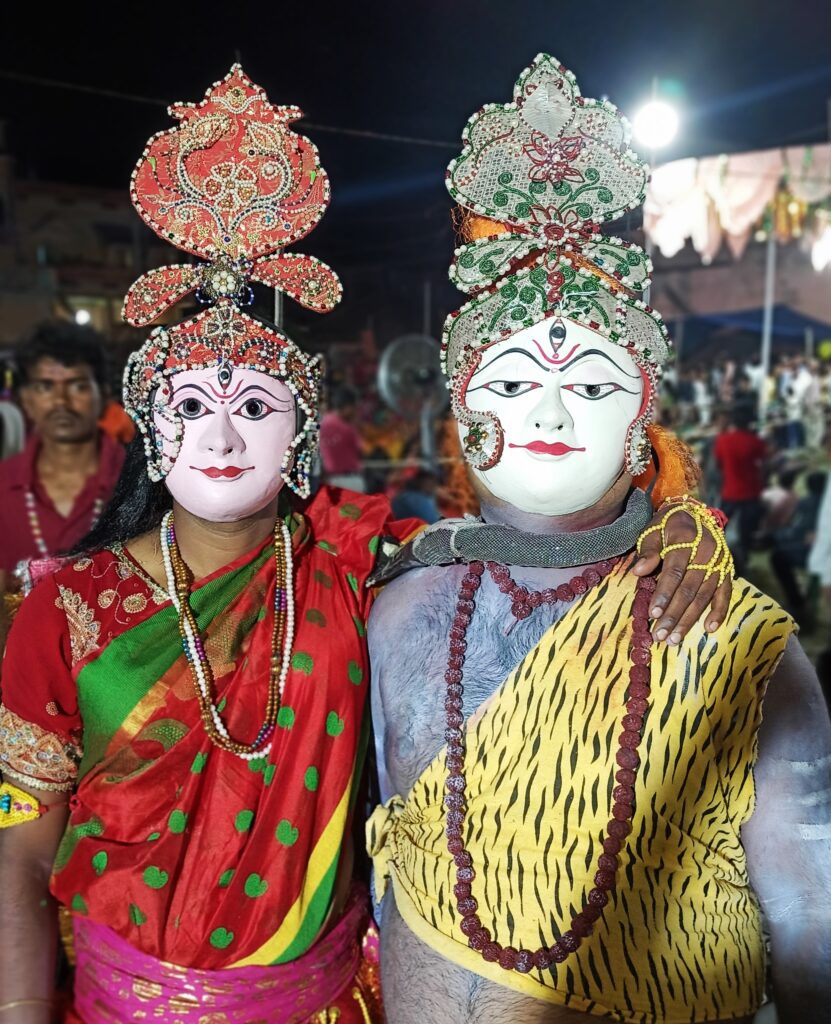Understanding the Significance: Why Tusu Parab is Celebrated
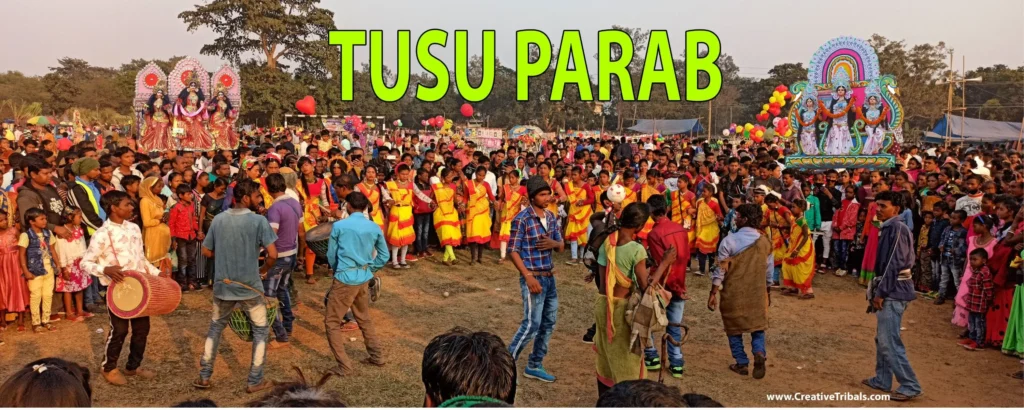

Tusu Parab, observed as Makar Sankranti in Jharkhand, holds a special place in the hearts of the indigenous communities. This festival marks the sun’s transition into Capricorn during its northward journey, symbolizing auspicious beginnings. As days grow longer, Makar Sankranti takes center stage as a major celebration, known by various names across India. In Jharkhand, it’s affectionately called Tusu Parab or Makar Parv, celebrated with unique traditions.
Agricultural Significance and Rituals
The festival is intertwined with agricultural customs, with special crops prepared in anticipation of the upcoming harvest season. As much of India celebrates Makar Sankranti by honoring the sun, the rural communities in Jharkhand, especially the Adivasis in the forests and hills, commemorate Tusu Parab in a distinctive way.
The Story of Tusu Mani
According to a popular local story in Jharkhand, Tusu Parab is intertwined with the story of a young woman named Tusu Mani, whose narrative revolves around unwavering self-respect. Tusu Mani was born into a Kurmi farming family near the Jharkhand-Odisha border. Tusu Mani, a remarkably beautiful daughter of a poor farmer, became the talk of the entire kingdom due to her exceptional beauty. News of her beauty reached the court of a cruel Mughal king, initiating a series of events.


Driven by a desire to possess her, the king schemed to acquire Tusu Mani. However, fate intervened as a severe famine struck the kingdom that year, leaving the farmers unable to pay taxes. Seizing the opportunity, the king doubled the taxes on agriculture. Faced with this predicament, the farmers pleaded for forgiveness, and in exchange, the king proposed Tusu Mani’s hand in marriage.
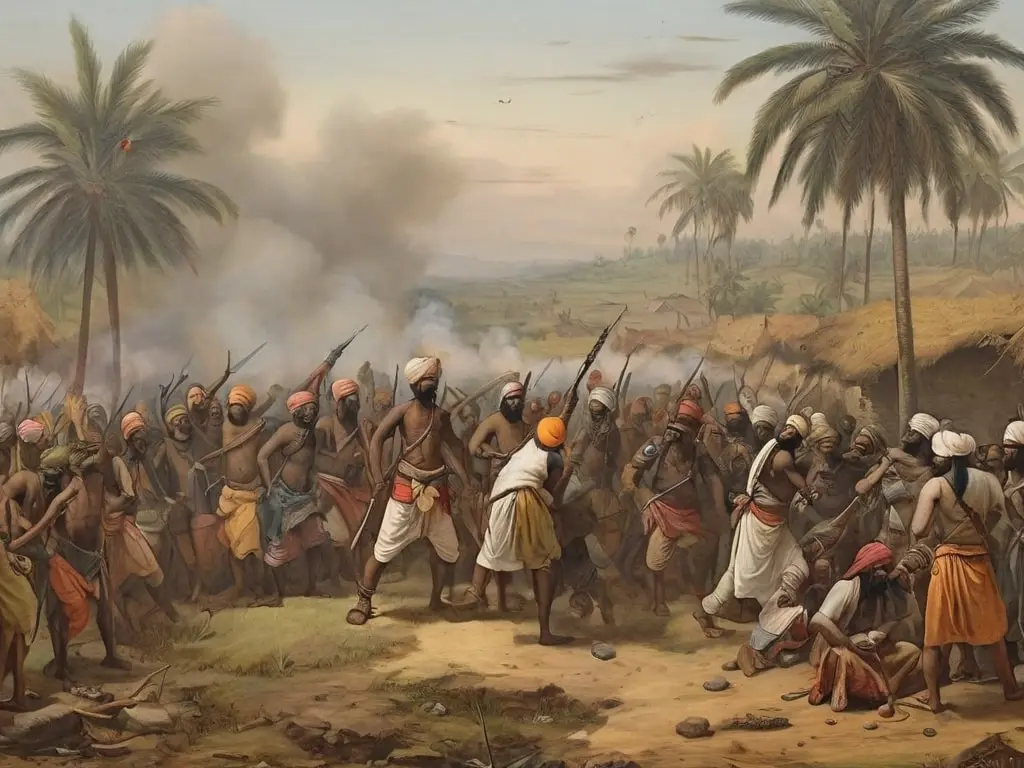

In the face of the king’s relentless pursuit and the villagers’ refusal to accept the marriage proposal for Tusu Mani, a confrontation ensued. The villagers, driven by a collective sense of defiance against the unjust demands, engaged in a fierce battle with the king’s warriors. However, despite their valiant efforts, the villagers were overpowered, and the war ended in their defeat.
Contrary to the expectations of submission or defeat, Tusu Mani took a courageous and unexpected path. Instead of succumbing to the king’s desires or the consequences of the war, she chose to make the ultimate sacrifice. Tusu Mani decided to take a leap of faith and immersed herself in the sacred waters of the Ufnati Swarnarekha River. This selfless act was a profound statement of her refusal to be a pawn in the king’s schemes.


The memory of Tusu Mani’s unwavering spirit and sacrifice lives on through the celebration of Tusu Parab. This festival serves as a commemoration of her bravery and steadfastness in the face of adversity. The place where she sacrificed her life has now come to be known as SATI GHAT, symbolizing not only her sacrifice but also standing as a testament to women’s empowerment.
Tusu Mani’s story echoes through the ages, inspiring others to resist injustice and honor the strength that lies within individual choices, especially in the pursuit of dignity and freedom.
Modern Celebrations of Tusu Parab
In contemporary times, especially in the rural areas of Jharkhand, the celebration of Tusu Parab begins about a month before Makar Sankranti. People craft clay idols of Tusu Mani and commence worship. On Makar Sankranti, the festival culminates with the immersion of the idol in the local river. Tusu and Chaudal, a traditional pavilion, are decorated by unmarried girls, who play a key role in this preparation.
As the procession moves towards the river for immersion, locals sing traditional Tusu songs and engage in dances. This event not only celebrates the festival but also pays homage to the courage and sacrifice of Tusu Mani, echoing through the ages in the vibrant culture of Jharkhand.
TUSU PARAB IMAGES
